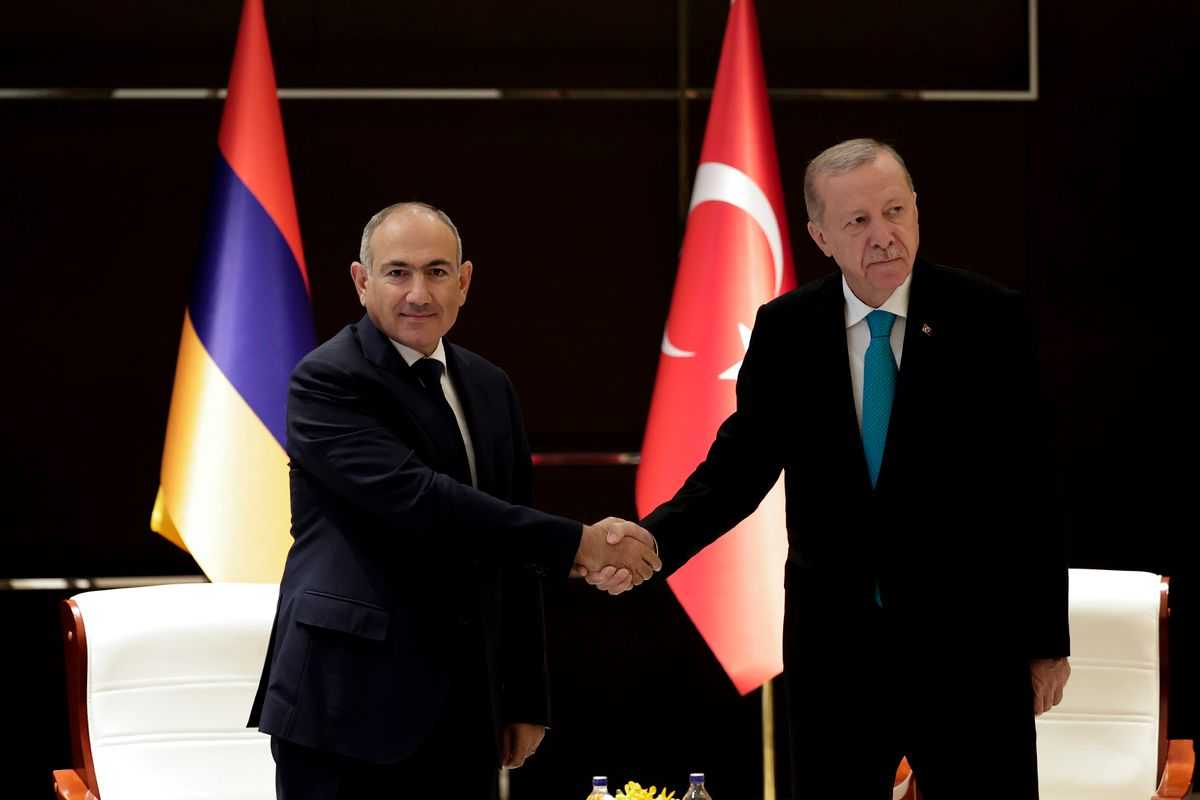
Armenia plans to allow cultivation of industrial hemp as a part of the recently announced ‘Economic Response’ programme. The recreational use of cannabis will remain illegal.
‘This will significantly activate the use of agricultural lands,’ Deputy Prime Minister Tigran Avinyan said during a government meeting on 4 February. ‘About 40% of the agricultural land in Armenia is idle. We will support this and other plans envisaging cultivation of crops with high yield and value.’
This decision is a part of the government’s ‘economic response’ programme, which seeks to kickstart Armenia’s economy after the dual economic shocks of pandemic and war.
Prime Minister Nikol Pashinyan emphasised that the programme would not entail the growing of hemp for human consumption. He recognised that there were still ‘risks’ that need to be accounted for, but that ‘there are risk management mechanisms and they’ve already been tested in other countries’.
Industrial hemp is a name given to strains of cannabis with low levels of the psychoactive substance THC. It is grown primarily for uses as a textile.
According to Avinyan, the government has already drafted a preliminary economic plan as well as attendant regulations. The Minister of the Economy Vahan Kerobyan also noted that the authorities, including law enforcement, would maintain control and oversight of the process of hemp production, to ensure that Armenian drugs legislation is not breached.
At present, there is also another cannabis-related draft law in Armenia’s parliament which has been under discussion since December 2019. The law would allow the use of ‘psychotropic drugs for scientific purposes’.
Neighbouring Georgia previously floated even more far-reaching plans in 2018 to legalise cannabis farming for pharmaceutical and cosmetic exports, while keeping such uses illegal domestically. However, the plans were dropped after objections from the Georgian Orthodox Church.








